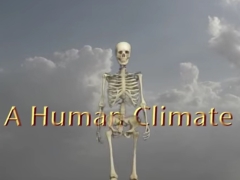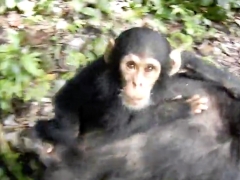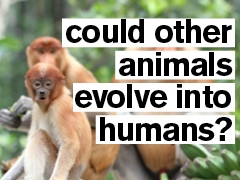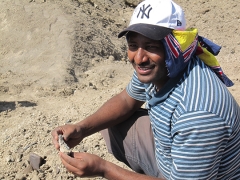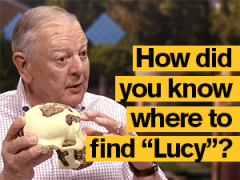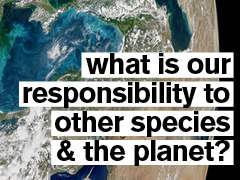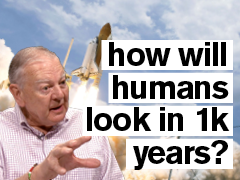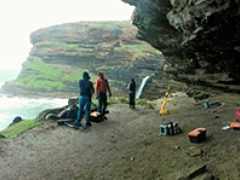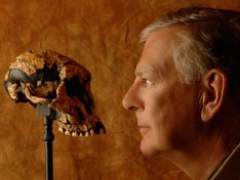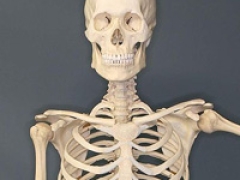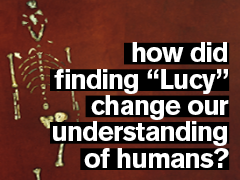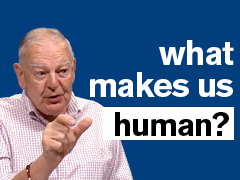Listen & Watch
You have been reading about the anthropologists behind the Ask An Anthropologist website. Now you can hear and watch them too!
Scientists are drilling deep into the five ancient African lake beds to search for clues about the environment over the last five million years.
IHO Founding Director Donald Johanson visited the Jane Goodall Institute in Gombe, Tanzania, and was lucky to come upon this little band of mother chimpanzees with their babies.
Donald Johanson -- credited with discovering the Australopithecus afarensis skeleton known as "Lucy"-- talks about why humans are the way we are, and about w
In 2013, a research team was working in the dusty hills of Ledi-Geraru, Ethiopia. The geologists identified a layer of sediment, or dirt, as belonging to the time period they were trying to study.
Donald Johanson, credited with discovering the Australopithecus afarensis skeleton known as "Lucy" in 1974, talks about how he knew where to start looking.
Donald Johanson -- credited with discovering the Australopithecus afarensis skeleton known as "Lucy"-- talks about human evolutionary timelines and what the future might hold for humans.
Dead men tell no tales, but their bones can. It just takes a particular kind of scientist to read the clues that tell the story. Dr.
Donald Johanson--credited with discovering the Australopithecus afarensis skeleton known as "Lucy" in 1974-- talks about what we can learn about humans from looking at Aus
What sets us apart from other primates?
Be Part of
Ask An Anthropologist
By volunteering, or simply sending us feedback on the site. Scientists, teachers, writers, illustrators, and translators are all important to the program. If you are interested in helping with the website we have a volunteers page to get the process started.

